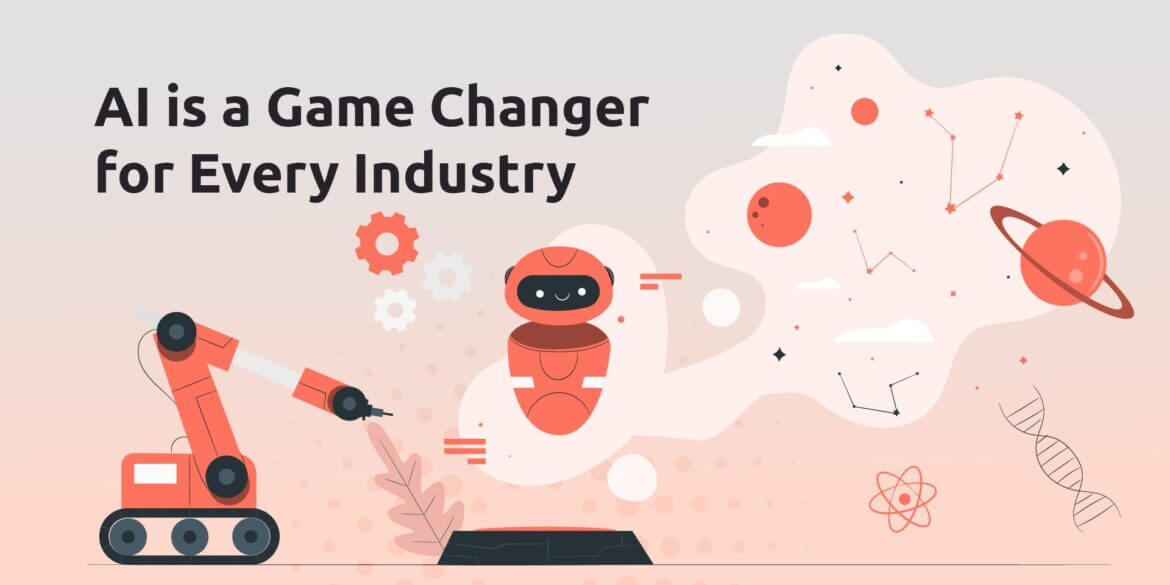Artificial Intelligence (AI) is reshaping industries globally, and its application in the public sector can revolutionize how governments operate. For Guyana, integrating AI into public administration offers an opportunity to improve efficiency, transparency, and service delivery. As the country modernizes its economy, adopting AI-driven solutions can address many challenges, from bureaucracy to resource management.

Applications of AI in Guyana’s Public Sector
AI can streamline government operations in numerous ways. For instance, chatbots powered by natural language processing can handle citizen inquiries, reducing wait times at government offices. These systems can provide round-the-clock support for services like license renewals, tax filings, and utility payments.
In addition, AI can enhance public safety through predictive policing. By analyzing crime data, AI systems can help law enforcement allocate resources more effectively, preventing incidents before they occur. Similarly, machine learning algorithms can detect patterns of corruption by analyzing financial transactions and government contracts.
Another area ripe for AI integration is healthcare. AI-powered diagnostic tools can assist doctors in rural clinics, improving medical outcomes in underserved regions. The technology can also optimize resource allocation, ensuring that medicines and equipment are distributed efficiently across the country.
Challenges of Implementing AI in Guyana
Despite its potential, AI adoption in Guyana’s public sector faces hurdles. Limited digital infrastructure, especially in rural areas, can hinder the deployment of AI systems. Additionally, a lack of technical expertise within government agencies means that extensive training will be required.

Privacy concerns also need to be addressed. AI systems rely on vast amounts of data, and citizens must trust that their personal information is secure. Robust data protection laws and transparent policies are essential to building public confidence in AI applications.
The Role of Policy and Partnerships
To overcome these challenges, the government must prioritize AI in its development agenda. Policies should incentivize innovation and provide funding for pilot projects in key sectors. Collaborations with universities and private tech companies can also help build local expertise and infrastructure.

International partnerships can provide access to AI technologies and best practices. For example, countries with advanced AI ecosystems, such as Estonia or Singapore, can serve as models for Guyana’s AI adoption strategy.
Looking Ahead
As Guyana embarks on its AI journey, the focus should be on inclusivity and sustainability. By adopting AI in a way that benefits all citizens, the public sector can become a driver of national development. The technology has the potential to transform Guyana’s governance, creating a more efficient and responsive state for its people.